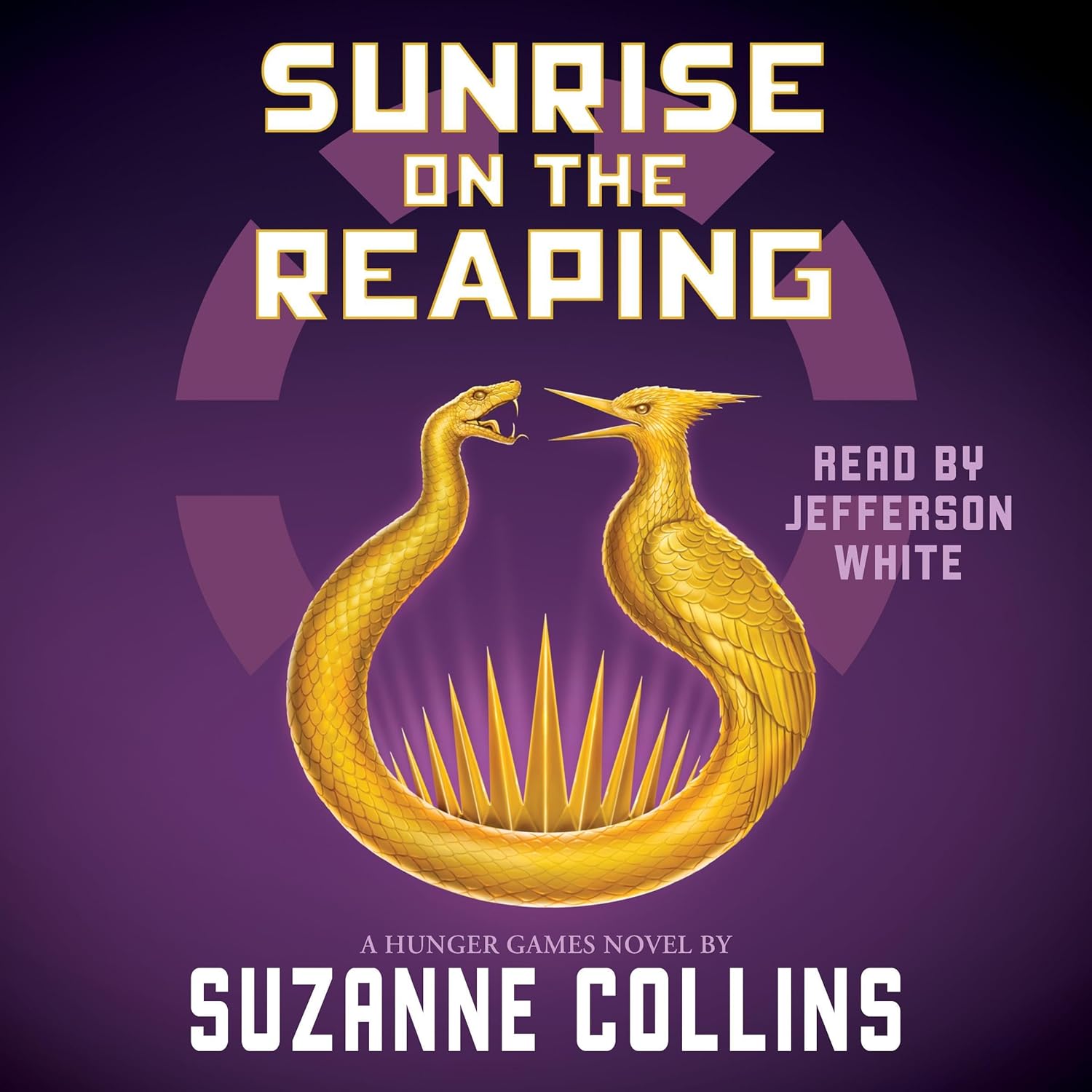[toc]
survival irony commentary on a dystopian excerpt
Sunrise on the Reaping (A Hunger Games Novel) (The Hunger Games)
Page 374 Review
A Glimpse into Survival and Irony: A Commentary on the Excerpt
This excerpt offers a small window into the complex relationship and survival strategies employed by the characters, revealing underlying themes of irony and resilience.
Let’s delve deeper into the nuances of this passage.
The Ironic Twist: Candy and Desire
The dialogue begins with a seemingly innocent observation: “Sounds like the job wasn’t all bad,” to which the response is a poignant reflection: “Ironic is what it was.
I don’t even care much for candy.
So many more interesting things to make.” This simple statement highlights the inherent irony of the situation.
The character is trapped in a world where candy, a symbol of childhood joy and indulgence, is the currency of survival.
Yet, her personal desires lie elsewhere, hinting at a deeper artistic or creative longing.
The phrase “So many more interesting things to make” suggests a yearning for self-expression and purpose beyond the immediate struggle for existence.
This juxtaposition of need and desire adds depth to her character and the overall narrative.
Resourcefulness in the Face of Scarcity
The excerpt continues to illustrate the characters’ resourcefulness in a harsh environment. “I wolf down my sandwiches before she’s even finished her first and look around for something to do.
I take the lids off the Careers’ water jugs, hoping for a few drops.
Dry as a bone. ‘Guess they were thirsty, too.’” This immediate action after consuming the limited resource emphasizes the constant need to secure vital supplies.
The detail “Dry as a bone” vividly portrays the scarcity of water and the desperation of the situation.
The offhand comment, “Guess they were thirsty, too,” carries a weight of implied violence and the acknowledgment that others have suffered in this arena.
This highlights the dehumanizing conditions of their survival.
Collaboration and Hope: Water Catching and Shelter
The scene shifts to a collaborative effort to improve their chances of survival. “Stripping some vines off a tree, I rig the second tarp for water catching. ‘No tube for this one.’ ‘We’ll make it work,’ says Maysilee.” This demonstrates their ability to improvise and adapt to their limited resources.
Maysilee’s optimistic response, “We’ll make it work,” is crucial.
It highlights her resilience and contributes to a sense of hope, despite the dire circumstances.
Their discussion about shelter provides insight into their evolving strategy: “With a second hammock, maybe we can both sleep up in the trees.’ ‘Sure.
Feels safer up there.
If we go high enough, we won’t need to be on watch.
We’d hear anybody coming.’” This reveals a deliberate effort to create a safer environment by utilizing the natural resources around them.
The higher elevation provides both physical safety and an early warning system.
The concept of not needing to be on watch if high enough suggests a desire for respite and a temporary escape from the constant threat of danger.
This also hints at the psychological toll the arena is taking on them.
The implication of needing a watch constantly further describes the environment they exist within.
Navigating the Unknown: Trust and Orientation
The final section focuses on the challenges of navigating the unpredictable landscape. “We pack up our booty, and she gestures for me to go first. ‘After you.’ Trouble is, I don’t know where we are.
I head off like I do.
Trekking through the woods might give me an opportunity to reorient myself.” This portrays the vulnerability of the protagonist and the uncertainty of their surroundings.
The phrase “I head off like I do” suggests a sense of routine despite the disorientation, implying a practiced survival skill born out of necessity.
The reliance on landmarks for reorientation highlights their connection to the natural world and their dependence on it for survival. “Since I don’t entirely trust the sun’s position anymore, I’m hoping for a few landmarks to get my bearings” The distrust of the sun creates a sense of unease and emphasizes the instability of their environment.
Memory and Place: A Defining Moment
The discovery of a familiar landmark provides a significant moment of recognition: “We run into one after about ten minutes: the blueberry bushes with the broken branches where I hid my first night.
That hedge really spit me out a long way from where I entered. ‘That’s where Lou Lou found me,’ I tell Maysilee.” This reencounter signifies a connection to the past and anchors the protagonist in the present.
The description of the hedge as “spitting me out” conveys a sense of being violently expelled from a safer space into the dangerous arena.
The sharing of this personal memory with Maysilee hints at the growing trust and bond between them, solidifying the theme of collaboration for survival.
Memory here creates a relationship between people through the sharing of experience and location.
Concluding Thoughts
In conclusion, this excerpt is rich in detail, offering glimpses into the characters’ resourcefulness, resilience, and the complexities of their relationship.
The subtle ironies, the constant struggle for survival, and the importance of memory and place all contribute to a compelling narrative that promises a deeper exploration of human nature under extreme circumstances.
Buy full ebook for only $15: https://www.lulu.com/shop/suzanne-collins/sunrise-on-the-reaping-a-hunger-games-novel-the-hunger-games/ebook/product-e7496ww.html?page=1&pageSize=4
Survival Irony Commentary On A Dystopian Excerpt
Read more: Hunger Games: Privilege, Survival, and the Reaping

